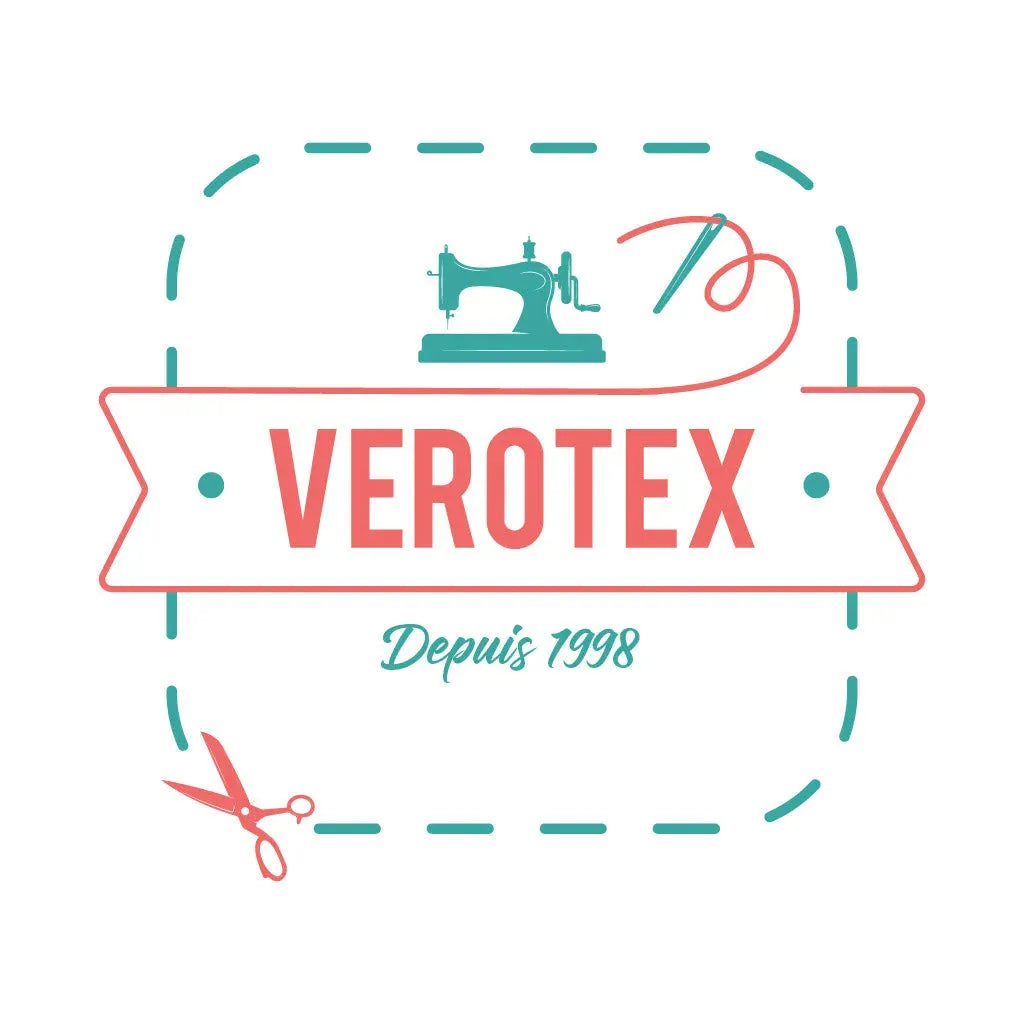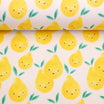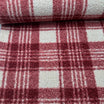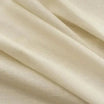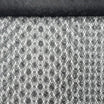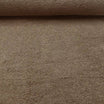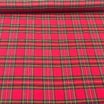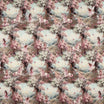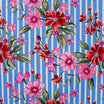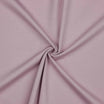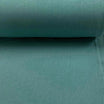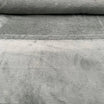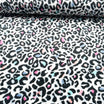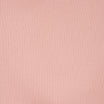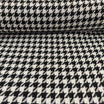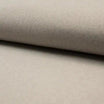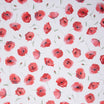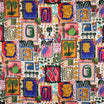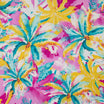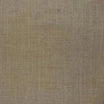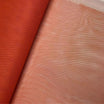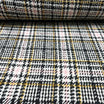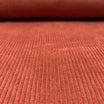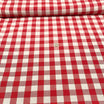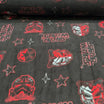Quality labels

Oeko-Tex
The Oeko-Tex 100 standard was introduced in 1992 and is today the most widespread testing and certification system worldwide for textiles tested for harmful substances. The accredited Oeko-Tex institutes work according to the latest scientific findings; their independent tests ensure that the examined textiles are free from harmful substances.
Products can only receive the textile certification label if all elements of the required criteria have been met without objection.
The following applies: the more intensive the skin contact, the stricter the requirements, which are gathered in a scientifically based catalogue of criteria with more than 100 individual parameters. These criteria are overall binding and are adapted each year to the latest results. The 15 authorized eco testing institutes check compliance through thorough control tests. Their independent experts also verify the conformity of items marked with the new Oeko-Tex label through regular company audits.
To submit an application, a vast network of contact offices worldwide allows interested companies to apply for testing and certification according to their Oeko-Tex 100 standard. This enables manufacturers, importers, and retailers to benefit from the specialized expertise and decades of experience of the new Oeko-Tex testing institutes and their staff. They adapt the testing program to the dyes and agents used.
All subcontractors’ certificates for the materials used are taken into account. This avoids duplicate testing to minimize testing costs.
Our certificate number for our fabrics is 1501004

GOTS
The GOTS label is recognized as the global standard for sustainable processing of garments and textiles made with fibers from organic farming such as organic cotton or organic wool. At least 70% of fibers from organic farming must be used in a GOTS-certified product.
Although this is a great step, the use of organic fibers alone is not enough. To make items truly sustainable, GOTS has strict standards for the entire processing chain and includes a broad catalogue of strict criteria to ensure that consumers, producers, and the environment are safe.
GOTS prohibits the use of types of chemicals commonly used in textile processing that can cause cancer, birth defects, and other serious illnesses. Only low-impact chemicals are allowed to protect consumer health.
GOTS also includes strict restrictions on wastewater treatment and requires targets and procedures to reduce water and energy consumption. Furthermore, social criteria based on the key standards of the International Labour Organization must be met. These include safe working conditions, no discrimination, and no child labor.
It is not only GOTS that sets the standard; regular inspections are also carried out by independent third-party certifiers throughout the textile supply chain. Every step of processing, manufacturing, and wholesale must be independently certified. As a result, with GOTS, customers can be sure that their garments are produced sustainably and under decent working conditions.
A public database lists all certified operators. Do not rely on personal claims; always look for the GOTS logo and license number. The Global Organic Textile Standard is an independent approval label widely recognized in major sales markets worldwide. In some countries, the organic claim on textiles is government-protected. Textiles certified with the GOTS logo may be claimed as organic.
In other parts of the world, if a product claims to be organic, it may be that only the farm fiber is organic.
If you want everything, a process that is both environmentally and socially responsible throughout the supply chain, look for the GOTS logo on the product.
Our certificate number for our GOTS fabrics is 1010800.
